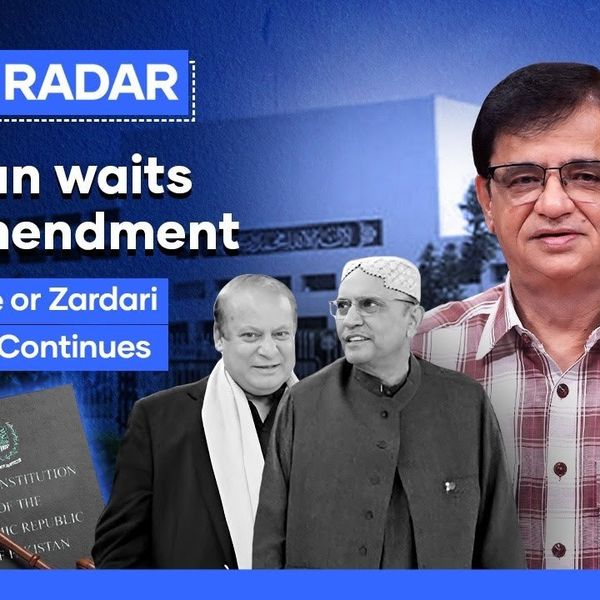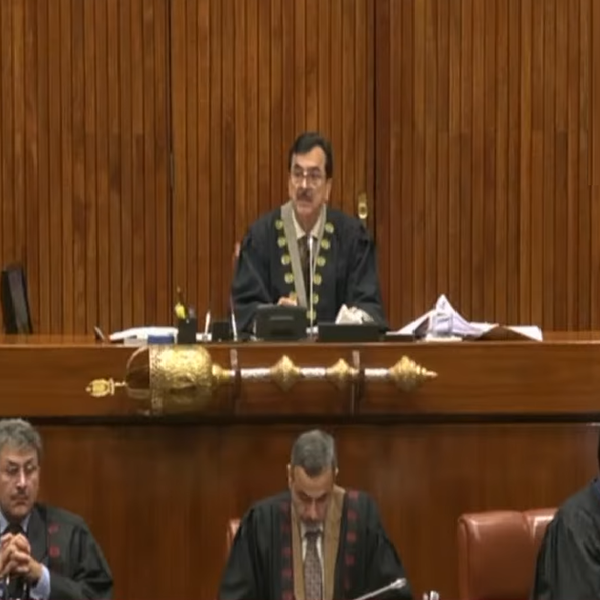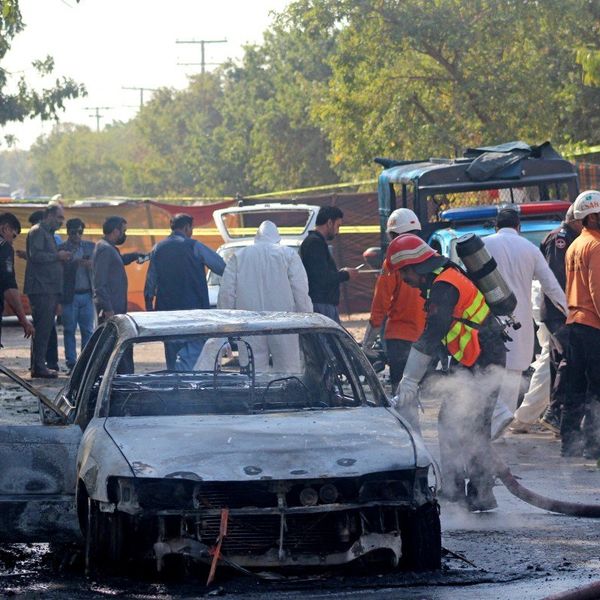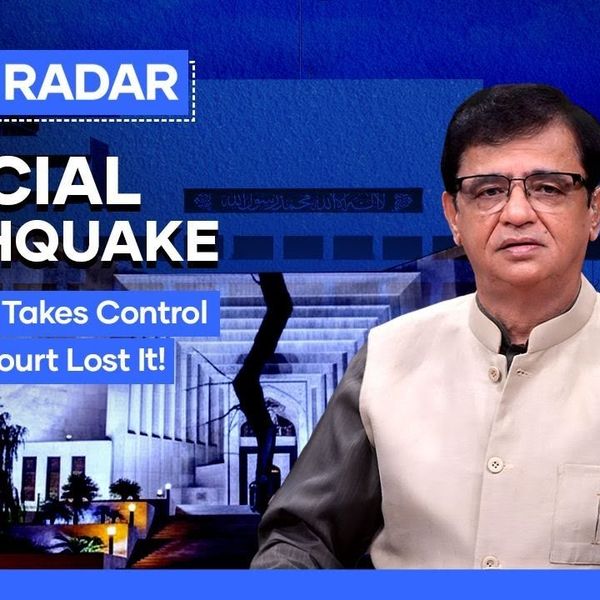Pakistan debates possible role in Gaza stabilization force
Kamran Khan says Pakistan’s potential Gaza peace mission faces conspiracy theories and misleading claims
News Desk
The News Desk provides timely and factual coverage of national and international events, with an emphasis on accuracy and clarity.
Kamran Khan says a national and international debate is underway about Pakistan’s possible role in a proposed Gaza International Stabilization Force, warning that speculation and “ridiculous conspiracy theories” are attempting to mislead the public.
Khan made the remarks during an episode of his program “On My Radar,” aired on Thursday.
He said many Pakistanis deeply desire peace in Gaza and the establishment of an independent Palestinian state. But he argued that rumors and baseless assumptions are spreading before Islamabad has issued any official position.
The proposed stabilization force would be part of a 20-point Gaza peace agreement brokered with U.S. mediation, Khan said. The mission would assist with security from the cease-fire phase to governance, and help support Gaza’s reconstruction.
According to Khan, reaction intensified when reports surfaced that Pakistan might join the force or express readiness to do so. He said critics have tried to sow doubts through propaganda and “misleading interpretations.”
One concern, Khan said, is the claim that Pakistan’s military could be used to disarm Hamas. He called the speculation “baseless and premature,” noting that no mandate from the United Nations, the Organization of Islamic Cooperation or any Gaza peace agreement has suggested such a directive, and Pakistan has made no final decision.
Citing security sources, Khan said any involvement would be limited to humanitarian and peace-support roles such as protecting civilians, de-mining and assisting in rebuilding basic infrastructure.
He pointed to Pakistan’s history of participation in United Nations peacekeeping missions, including in Bosnia, Somalia, Sierra Leone and the Democratic Republic of Congo.
“The propaganda that Pakistani forces will help Israel against Hamas is far from reality,” Khan said, adding that Pakistan does not have diplomatic ties, military cooperation or intelligence sharing with Israel.
Instead, he argued, Pakistan’s participation could serve as a “moral and practical barrier” to Israeli abuses and strengthen the Palestinian position internationally.
Khan referenced statements by Pakistan’s military chief, Field Marshal Asim Munir, who has repeatedly said the two-state formula is the only path to lasting peace. Munir expressed confidence that Pakistan’s diplomacy has helped advance peace initiatives in Gaza, Khan said.
Another allegation circulating online, Khan said, is that joining such a mission would imply recognizing Israel — a claim he rejected as historically and legally flawed. Participation in global peace missions does not constitute diplomatic recognition, he said, noting Pakistan has taken part in earlier missions without recognizing local authorities.
Khan said critics also question why Israel has not objected publicly to Pakistan’s potential involvement while objecting to Turkey. He said Israel’s silence should not be interpreted as approval but could reflect diplomatic caution.
According to The Times of Israel, a briefing to an Israeli parliamentary committee reportedly mentioned that troops from Pakistan, Indonesia and Azerbaijan could serve in the force. But Israeli officials neither confirmed nor denied the report.
Khan said Pakistan’s defense capabilities, improved ties with Washington, elevated global profile and respected peacekeeping record reduce Israel’s ability to oppose Pakistan openly without diplomatic cost.
Another argument raised by critics is that serving under a foreign command might compromise Pakistan’s sovereignty. Khan cited security sources saying Pakistan has always maintained national command over its troops in international missions and would only join under approved command structures and national conditions.
Debate intensified after Munir visited Egypt and Jordan — two nations central to implementing the Gaza peace agreement. Khan said anti-Pakistan elements and anti-establishment groups are trying to portray Pakistan as either abandoning Palestinians or surrendering sovereignty.
Khan said the goal of any Pakistani role would be humanitarian, not political — including protection of aid convoys, civilian safety during post-war instability, cease-fire monitoring and reconstruction under U.N. supervision.
He stressed that parliament would have to approve any deployment, with full sovereign control remaining a condition.
“There is no question Pakistan would ever serve Israeli interests against Palestinians,” Khan said. “If Pakistan participates, it will be to heal wounds and uphold the vision that Pakistan stands with oppressed nations.”











Comments
See what people are discussing